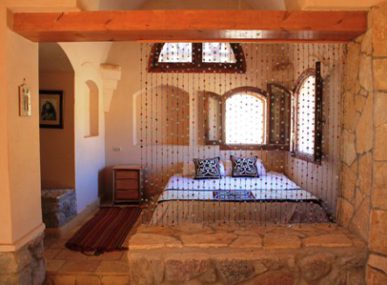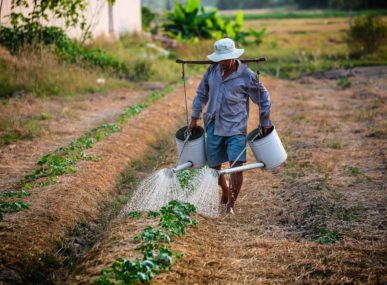Achargui began developing the Moroccan fingerprint concept in 2018, during her second year of maternity leave. (“Unpaid!” she added playfully.) She wanted to establish her own business, but not just any kind of enterprise – it had to be meaningful. “I decided to specialize in original, eco-friendly and useful Moroccan products,” Achargui said.
Moroccan fingerprint focuses on hemp-related products as a practical response to the urgent need to conserve Moroccan water reserves. This year, the World Resources Institute ranked Morocco as suffering from the world’s 22nd highest rate of water stress.
According to Achargui, expanding hemp, jute and raffia production will provide a sustainable future for Moroccan agriculture because these crops use relatively little water. Sourcing hemp-related materials would also reduce fabric imports from overseas, thus reducing the environmental impact of international freight. “We will gain a lot from growing these plants and supplying ourselves locally as a result,” she predicted.



